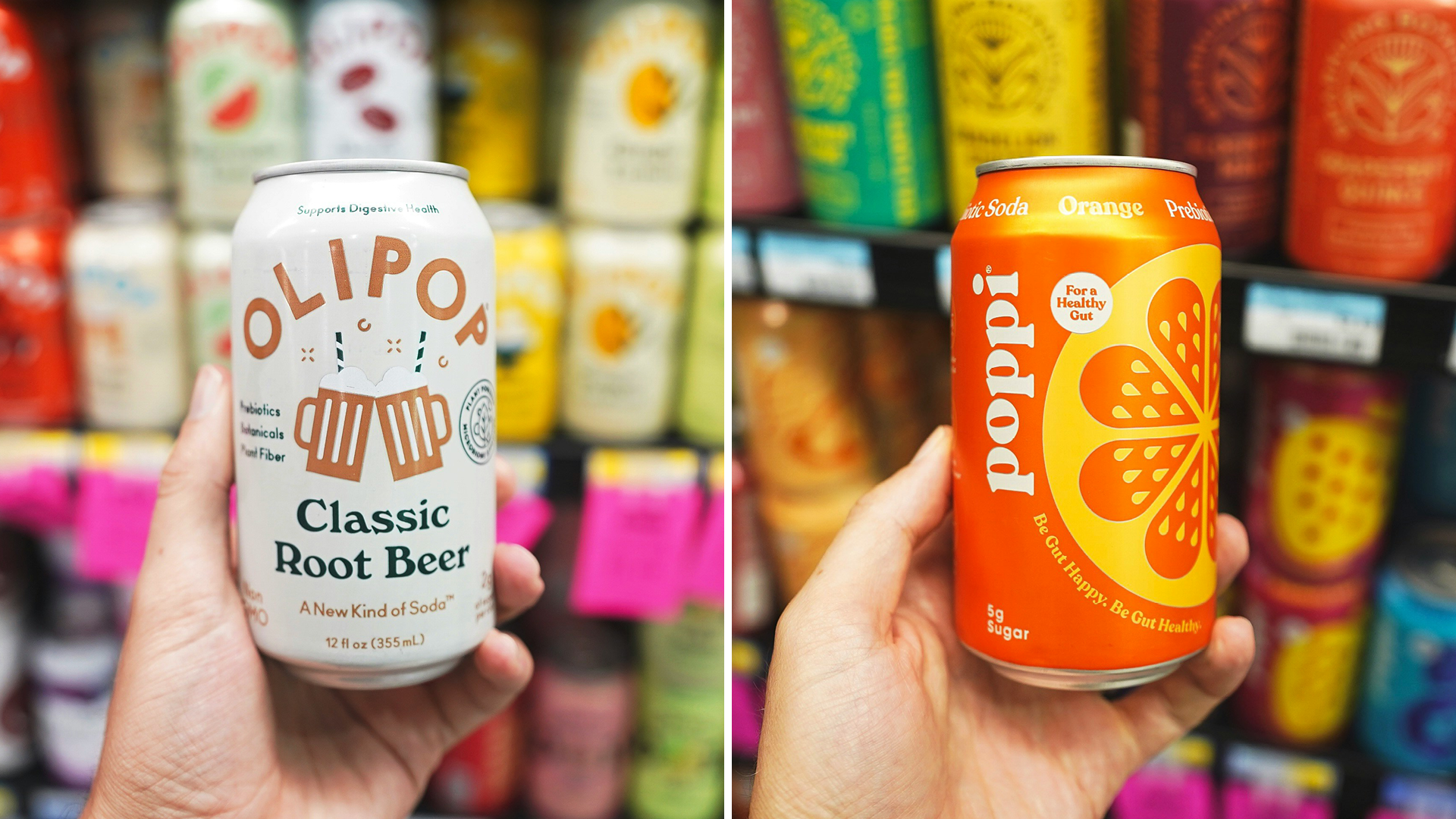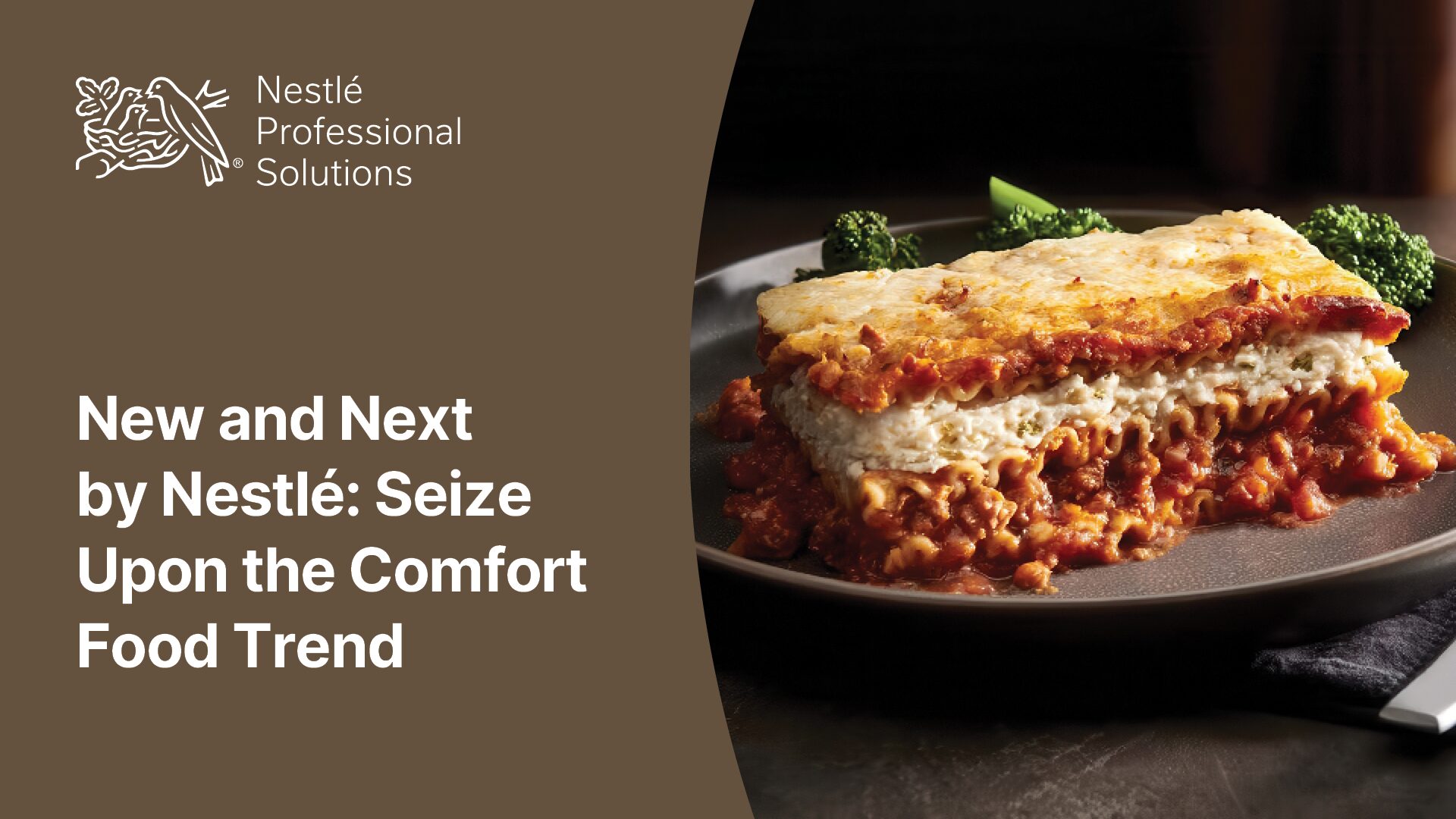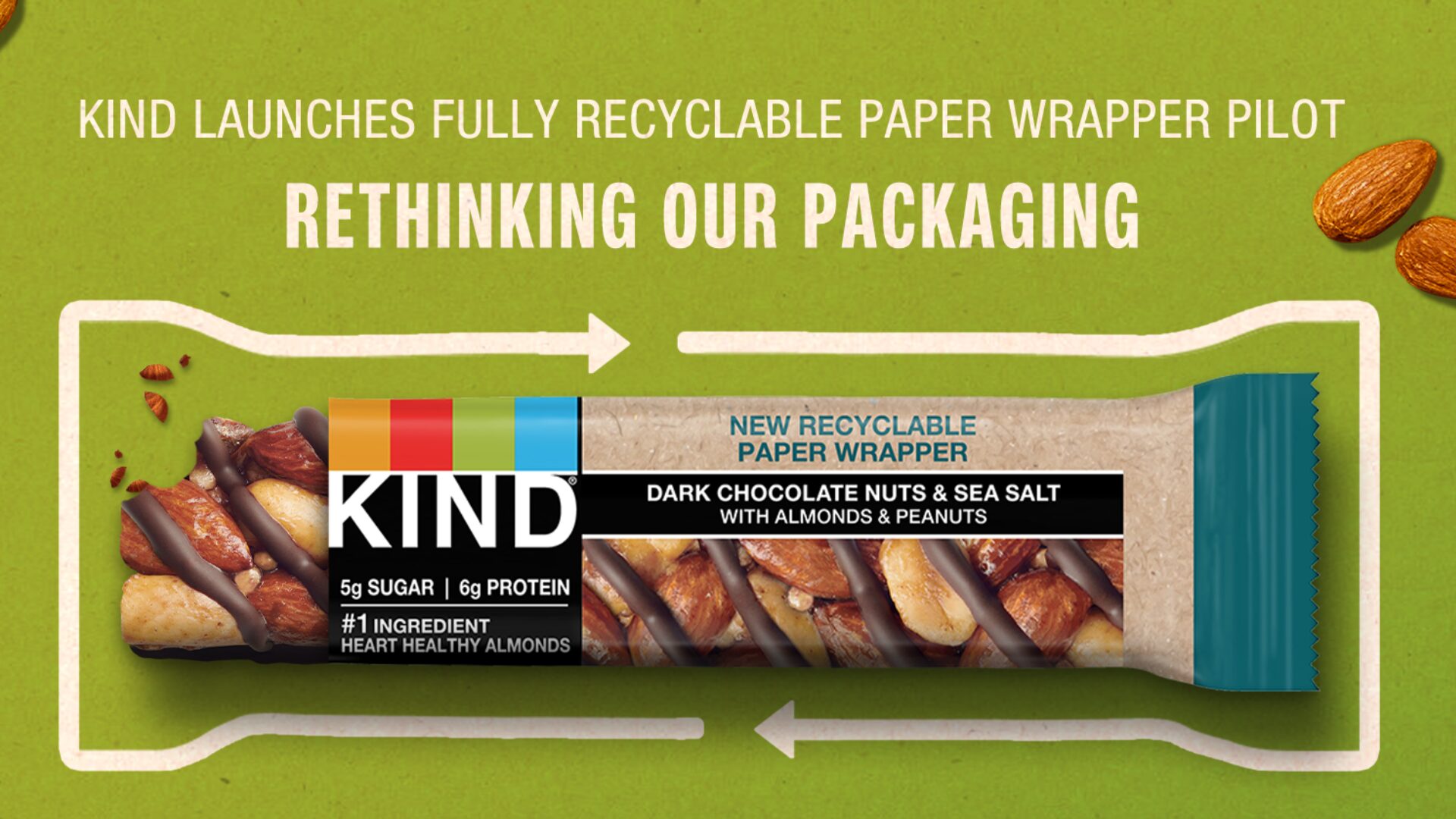A new survey shows the value that having a clear sustainability mission can have for purpose-led brands in the CPG space.
Research released October 27 suggests that purpose-led brands focused on sustainability are experiencing 10 times higher revenue growth than traditional brands. The survey, conducted by global consultancy Bain & Company and investment company Verlinvest, hints at the influence that young, ESG-conscious consumers have these days.
“It is, indeed, a high and encouraging number. It is, however, not unexpected in context of the generational shift we’re seeing in consumption habits towards sustainable alternatives,” Ben Black, director at Verlinvest, told The Food Institute, in reference to purpose-led brands’ revenue growth.
“By nature, incumbents are large and low growth, appealing to a more mature customer group,” he added. “Without constraints from legacy operations, internal structures of supply-chains and often at a small and nimble scale insurgents have typically been quicker to innovate and capture growth from emerging consumer demands.”
As the millennial generation, which already over-indexes on purchasing sustainable goods, grows to become the largest consumer group in the next five years, Verlinvest executives look forward to seeing the “purpose flywheel proliferate further,” they said in a statement.
The survey had a few noteworthy findings, including:
- 35% of all new consumer product startups today have a clear ESG (environmental, social, and governance) mission—a 10x increase since 2005
- 70% of consumers will pay a reasonable premium (roughly 10% to 25%) for sustainability
The research, which was based off a survey of 60 C-suite executives, indicates that the expectations of consumers have risen. Meanwhile, purpose-led brands are not only tackling ESG concerns but often adding value back into markets where costs currently outweigh industry value.
Successfully scaling a purpose-led startup, however, poses undeniable challenges. Of the executives surveyed, a majority (71%) mentioned barriers related to consumers and distribution as the leading challenges to scale, while over half (62%) mentioned supply chain.
Despite these obstacles, the research shows that successful brands often do three things well:
- Provide a recognized value proposition accessible at mass-market price points
- Build sustainable supply chains
- Maintain an uncompromising sense of purpose
The report cited brands like Tony’s Chocolonely Bars, which has a mission to make slave-free chocolate the norm, considering there are reportedly 1.5 million child laborers working in cocoa today. Tony’s Chocolonely’s message is, “Together, we’ll make chocolate 100% slave-free,” the report noted. Oatly! also presents a mission of respecting the planet’s resources, as switching from dairy to oat milk reduces emissions by 73%, the report indicated.
“We’re excited to see how sustainable insurgents are disrupting the consumer products industry,” said Jean-Charles van den Branden, a Bain & Company partner, in a statement. “They force incumbents to look at sustainability in a more disruptive and intentional way.”












